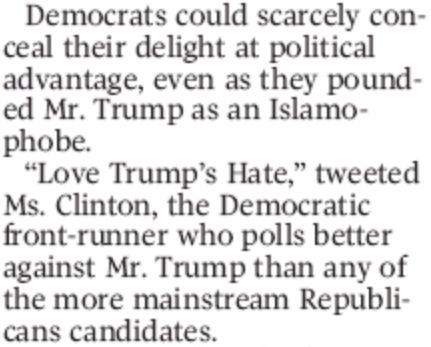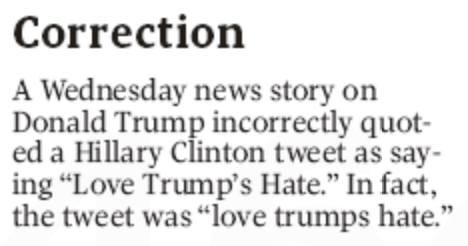The news recently has been full of the debate between George F. Will and Bill O'Reilly. This started because of O'Reilly's book Killing Reagan, whose central premise is that the unsuccessful 1981 assassination attempt was, in a deeper sense, successful. Will explains why this premise is important ("Bill O’Reilly makes a mess of history", Washington Post 10/10/2015):
The prolific O’Reilly has, with his collaborator Martin Dugard, produced five “history” books in five years: “Killing Lincoln,” “Killing Kennedy, “Killing Jesus,” “Killing Patton” and now the best-selling “Killing Reagan.” Because no one actually killed Reagan, O’Reilly keeps his lucrative series going by postulating that the bullet that struck Reagan in March 1981 kind of, sort of killed him, although he lived 23 more years.
O’Reilly “reports” that the trauma of the assassination attempt was somehow causally related to the “fact” that Reagan was frequently so mentally incompetent that senior aides contemplated using the Constitution’s 25th Amendment to remove him from office. But neither O’Reilly nor Dugard spoke with any of those aides — not with Ed Meese, Jim Baker, George Shultz or any of the scores of others who could, and would, have demolished O’Reilly’s theory. O’Reilly now airily dismisses them because they “have skin in the game.” His is an interesting approach to writing history: Never talk to anyone with firsthand knowledge of your subject.
Instead, O’Reilly made the book’s “centerpiece” a memo he has never seen and never tried to see until 27 days after the book was published.
Read the rest of this entry »


